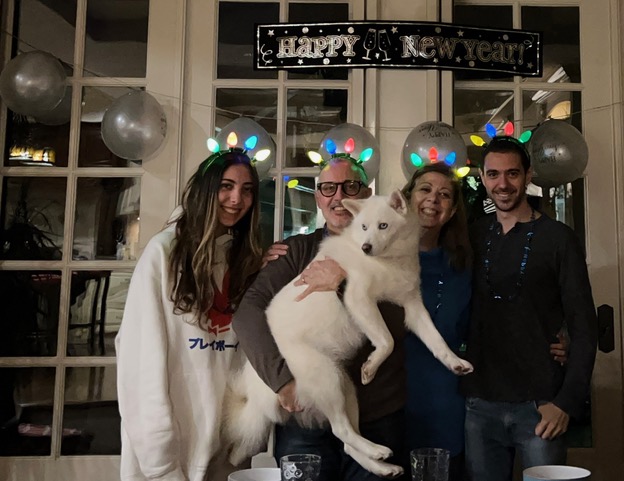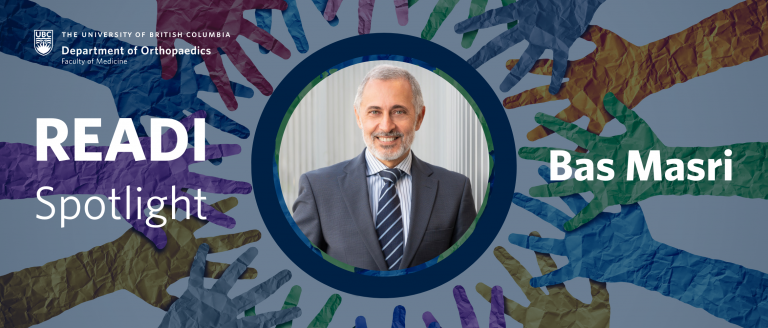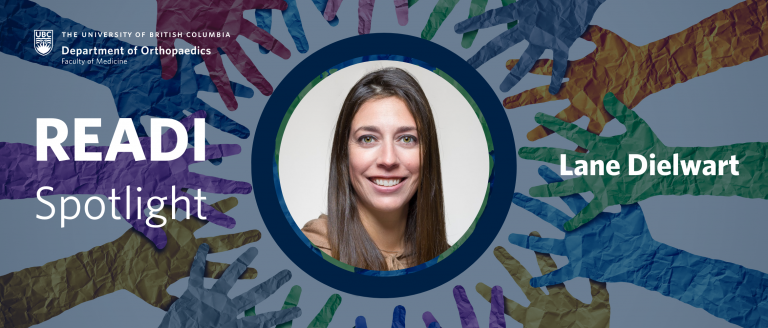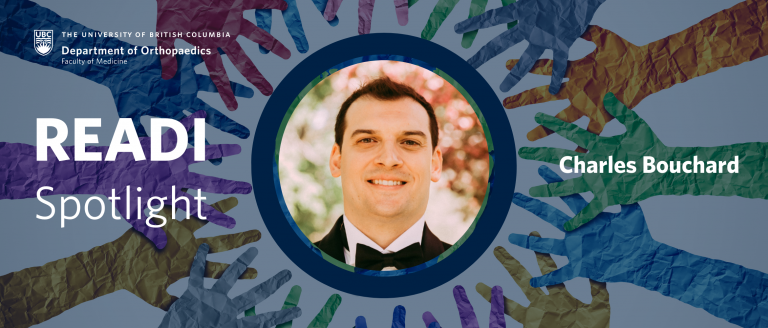By Olatioluwase (Ola) Olatona
Our bi-monthly READI Spotlight series features in-depth conversations with a UBC Department of Orthopaedics member about how respect, equity, accessibility, diversity, and inclusion (READI) appears in their life.
In our fourth READI spotlight of the year, we speak with UBC Orthopaedics Professor, Dr. Bas Masri.
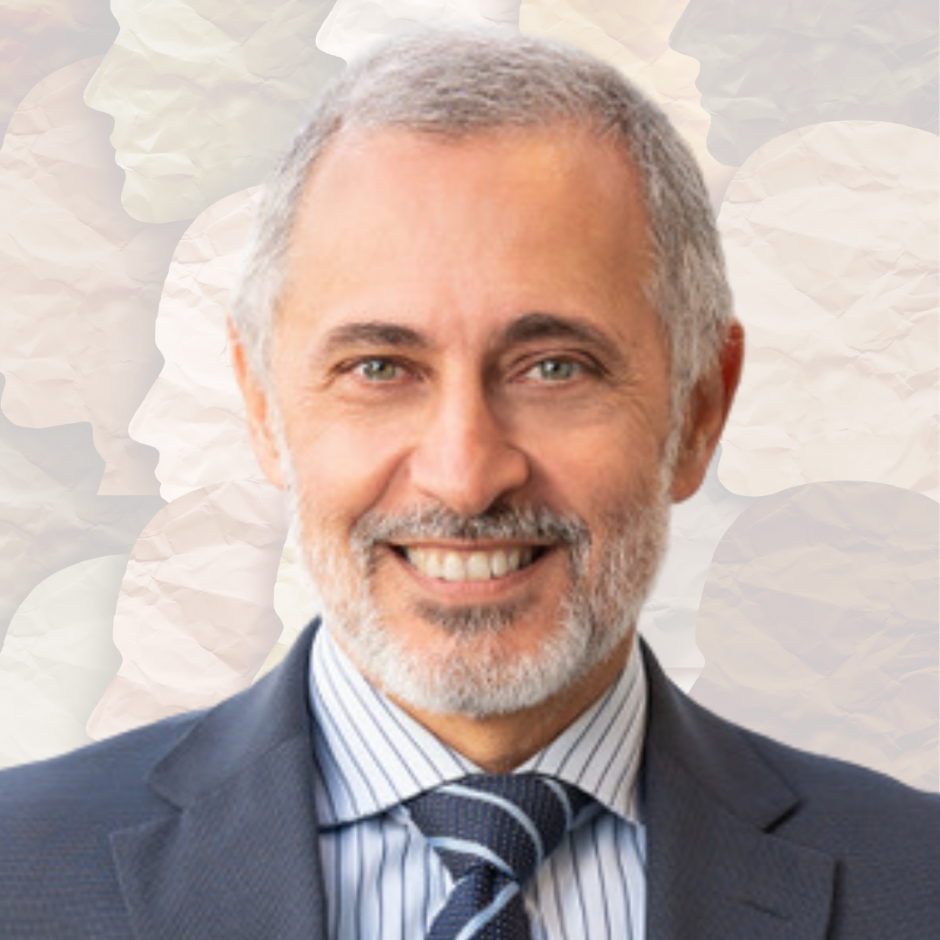
BAS MASRI
UBC Orthopaedics Professor
Site:
Vancouver
Tell us about yourself, your background, and your interest in orthopedics.
I was born in Beirut and life was good there until the early 70’s when things started to go bad with one war after another. By around 75’ the war started to disrupt my life and schooling and by 76’ my family escaped to Egypt where we stayed for a few months. We waited for things to settle down before we went back and restarted life in Beirut. In the summer of 1980, when I was about 15, we moved to Vancouver and by 1981 I had been accepted to UBC with what is now the equivalent of a grade 11 education. That same year, I began a degree in Honors chemistry which I managed to complete in the span of three years. I started medical school at UBC in 1984 and after my first year in medical school I earned an Honors BSc in Chemistry. In 1988, I graduated from medical school and with all the exposure to internal medicine, I thought that I wanted to be an internist but found that it wasn’t for me. I considered interventional cardiology and urology before ending up being interested in orthopedics after my medical school rotation at St. Paul’s hospital where they gave me a more hands on experience. When the time came time for matching, I put all my eggs into one basket and only applied to orthopedics at UBC. I was eventually accepted and that’s how I began my career in orthopedics.
What has been the most fascinating aspect of orthopaedics?
All through my residency I was interested in joint replacement, primarily because I worked on infected joint research with Dr. Duncan in my first year. From that experience I decided that my research would be meaningful, so I carried on throughout the entire 5 years of my residency doing research on hip and knee joint infections. We developed a technique of articulated spacers as well as the PROSTALAC system. Because of all that work, I was seeing the impact of joint replacement on people and how it really enhanced their lives. This is the main reason that I became very interested in joint replacement and it is why I do what I do now. Dr. Duncan, my first research supervisor, became a life-long mentor and eventually a colleague in practice.
What does READI mean to you?
READI symbolizes what our society is all about. We’re all different and come from somewhere. Although we have to live within certain societal norms and speak the same language to communicate, it doesn’t change that we all have varied backgrounds. This leads to the conclusion that we all think differently. Our religions, skin color and experiences reflect how we think, how we portray ourselves and how others see us. It important to understand that the differences that we see in each other are important to observe and be accepted, and in a way strengthen us individually and as a community.
How do you feel that your leadership roles have allowed you to better address the inequities and improve our department with respect to READI?
READI as a specific initiative wasn’t on the radar when I first started. The first thing I noticed is that women don’t necessarily have all the same opportunities because they have different responsibilities and different ways of doing things. In order to create an opportunity for everyone to participate, I moved the major department meetings from later in the evening to during the day and added a teleconference option. Regardless of what you had to do, whether you were driving your kids to school or you needed to be home early, my goal was to remove the barriers so that everyone had an opportunity to participate. We also worked hard at increasing the number of women in our residency program to not only reflect the number of women in medical school but also in society in general.
Are there any other initiatives that you’ve put into place to improve diversity within the Department?
I have stepped down from my leadership position, so my main contribution as of now is the READI committee. My intention is to observe, participate and provide input when needed.
Do you have anything else to add in regard to your previous leadership role as the Department Head?
Leadership isn’t necessarily about ruling from the top, but rather more about inspiring others to work towards a shared goal. To that end, we need to help people recognize and utilize their strengths as opposed to focus on their weaknesses. Everyone brings a lot of different and unique talents to the table, so a leader’s role is more about pushing people strengths rather that forcing them to participate in things that they may not excel in. Whether it is teaching, professional contribution or research, everyone can contribute, differently, also in the spirit of READI.
When you’re not working, where can we find you?
I have a lot more free time now than I did when I was Department Head, so I spend a lot of it with my wife and new dog. I try to ski from time to time. In the summer, when off work, we do lots of lake activities, including kayaking and paddle boarding. We hike every now and then as well. I also ride my bike year-round.
Overall, I am happy to be a part of orthopedics! I have been a part of the Department for almost 35 years, so it means a lot to me. I am looking forward to the change that is to come with our new Department leadership, and proud of the work that has been done so far.
